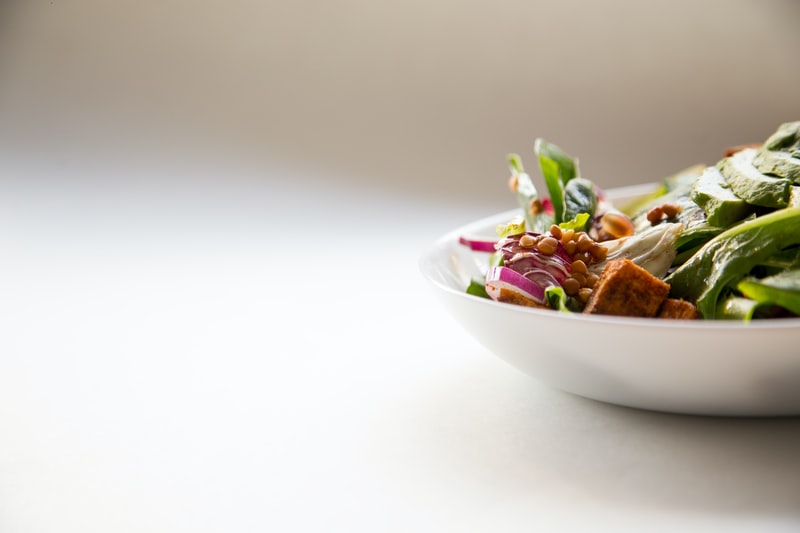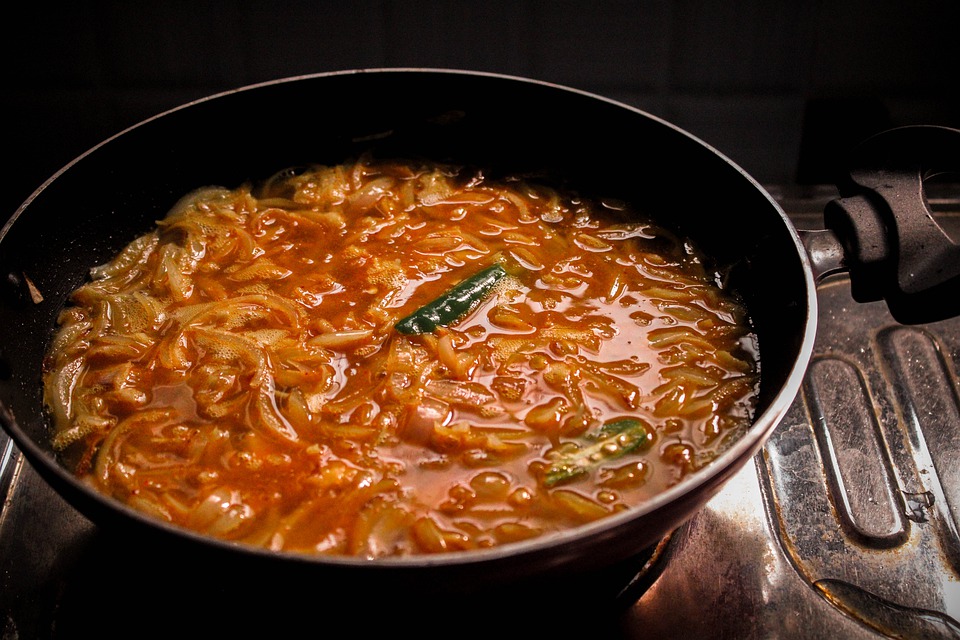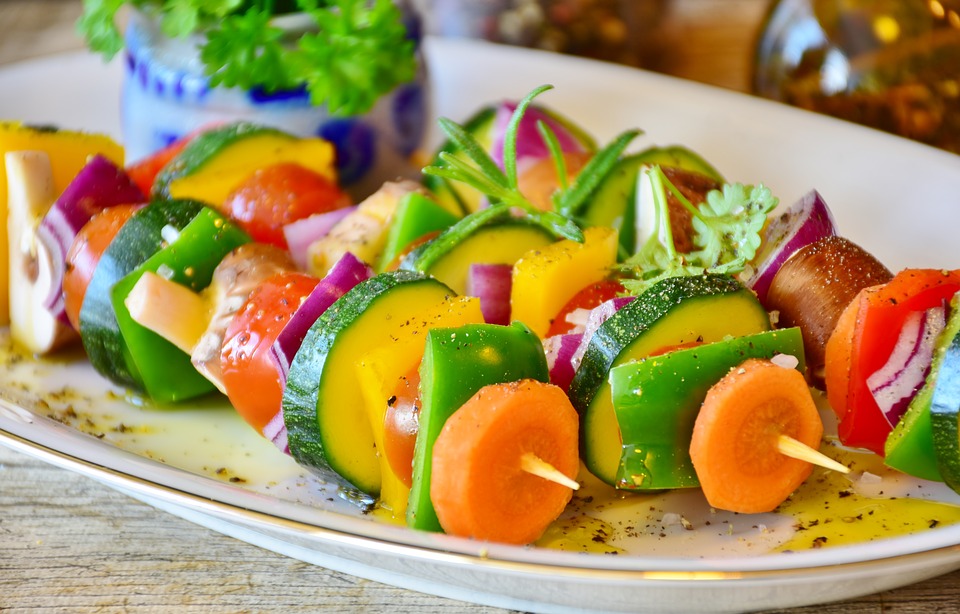Vegan diets are proven to have many positive effects in relation to your lifestyle. Weight loss, improved mental health, and it reduces your risk of developing various cancers. Even so, if done improperly, a vegan diet can actually have some negative impacts. The main reason for detrimental results could happen because of protein deficiencies. Proteins are vital to the processes that fuel your energy and carry oxygen throughout your body in your blood. They also reside in tens of thousands of parts of the body including muscles, tissue, nerves, bones, and organs. It’s easy to see why not eating enough protein can be a problem. Luckily, there are many plant-based protein substitutes available. Let’s look at a few of those options.
Tofu, Tempeh, and Seitan
Some of the most popular protein substitutes on the market are tofu, tempeh, and seitan. Made from soybeans and wheat gluten respectively, all three of these items are vegan and wonderful protein sources. Seitan resembles the look and texture of meat when cooked which is a bonus. Tofu and tempeh go well with many other dishes because of how they interact with other foods, absorbing flavor for the former and having a nutty hue for the latter.
Beans, Lentils, and Edamame
Beans, lentils, and other vegetables in the related family are great sources of protein. All of these ingredients can be included into almost any kind of dish from soups, salads, and anything else you can think of. The fibers and carbs found in these foods promote good digestive bacteria, lower cholesterol, and help with high blood pressure. Here are some more vegan ingredients to thinken up your soups and other recipes.
Oats and Soy Milk
A great-tasting protein booster, oats and soy milk make a great combo. Made from soybeans, soy milk is a great alternative to regular dairy milk. It’s full of protein, vitamin D, and calcium. Be sure to get a fortified milk with vitamin B12, it doesn’t naturally come with it. Oats are a great source of protein, fiber, zinc magnesium, and phosphorus. Even though oats don’t have as complex proteins as rice, it’s still a great protein substitute that can be used for baking and many other recipes.
Hemp and Chia Seeds
Size doesn’t matter in terms of plant seeds. Combined, Hemp and Chia seeds contain massive amounts of protein as well as: iron, calcium, selenium, magnesium, zinc, omega-3 and 6 fatty acids, and antioxidants. With their bland taste and gel-like consistency, chia seed can go into almost any recipe, as goes for hemp seeds and most others because of their small size.
If you still need more help, the weight-loss experts at RCMC Medical can create the perfect medical diet for you.




